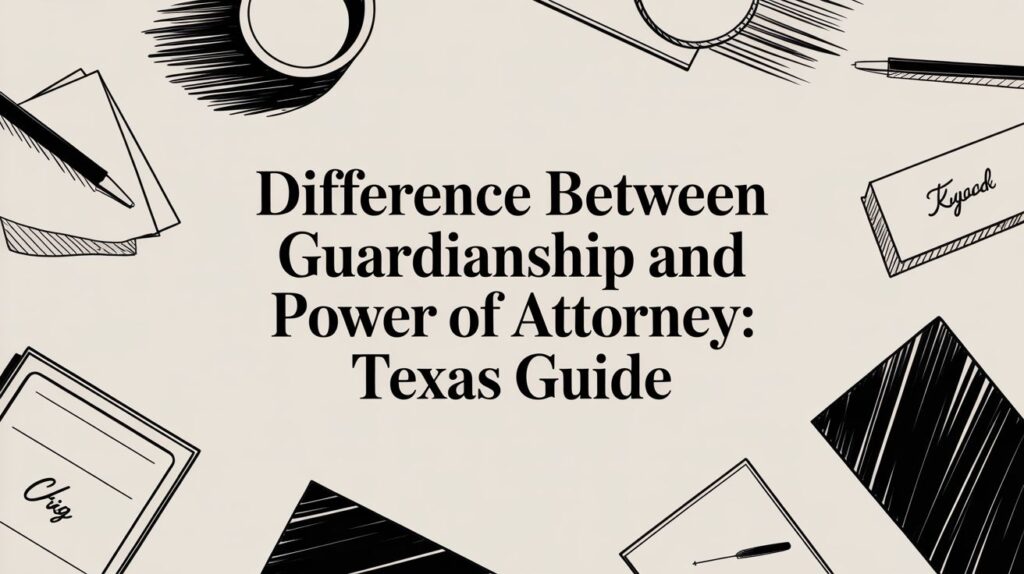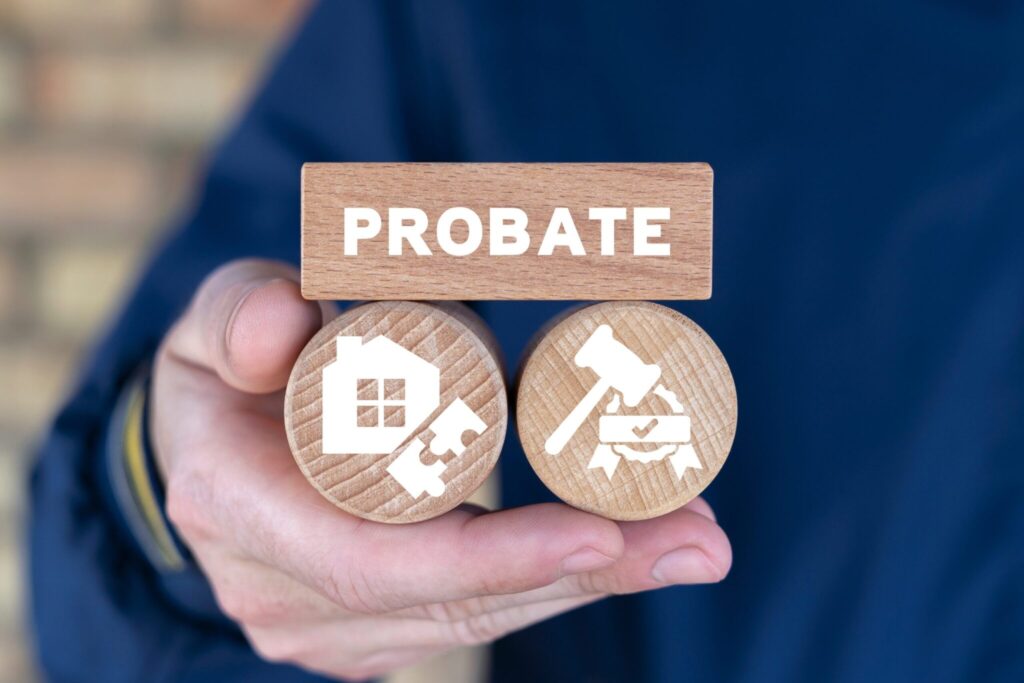If you’ve recently lost a loved one and found yourself staring down a mountain of legal paperwork, emotional decisions, and court notices, you’re not alone. The probate process can feel like a maze, especially when you’re already dealing with grief. That’s where probate court legal representation steps in—not just as a helpful tool, but as a critical lifeline. Whether you’re an executor, beneficiary, or a family member stuck in a dispute, having a legal professional guide you through probate can save time, reduce stress, and prevent costly mistakes.
In this comprehensive guide, we’ll explore probate court legal representation: why you need it, what it entails, who it benefits most, and how it can completely change your experience with the court system. You’ll hear real stories, learn how theprobate process really works, and gain insights on the importance of hiring the right lawyer at the right time.

What Is Probate and Why Does It Require Legal Help?
Breaking Down the Basics
Probate is the legal process of managing and distributing a person’s estate after they pass away. It involves:
- Verifying the will (if one exists)
- Appointing an executor or administrator
- Settling debts and taxes
- Distributing remaining assets to heirs or beneficiaries
While it sounds simple on paper, probate often gets complicated quickly. Disputes over the will, unclear titles, missing heirs, or debts exceeding assets can drag the process out for months—or even years.
That’s exactly why probate court legal representation is so important. Lawyers help you navigate the nuances of the legal system, reduce the risk of errors, and make sure that your loved one’s estate is handled correctly from start to finish.
Who Typically Needs Probate Court Legal Representation?
More People Than You Might Think
Not every estate requires legal representation—but most do. If you find yourself in one of the following roles, it’s a good idea to consult an attorney:
Executors or Personal Representatives
You’ve been named to oversee the estate. That means you’re now legally responsible for everything from gathering assets to filing taxes.
Beneficiaries
You’re supposed to receive an inheritance, but delays, disputes, or confusion are holding things up.
Family Members in Conflict
You believe the will isn’t valid, or you’re being excluded unfairly. A lawyer can help you challenge the situation appropriately.
Out-of-State Heirs
You live far away and don’t know how to manage legal matters remotely.
In all of these situations, probate court legal representation can protect your rights and help you avoid common traps in the process.
Real-Life Example: When Going It Alone Backfires
After her father passed away in Denton County, Amanda decided to handle probate herself. She downloaded forms online, filled them out, and submitted them to the court. She thought things were going smoothly until she received a rejection notice—her filing lacked crucial attachments, and she missed the deadline to contest a creditor’s claim.
Because she didn’t understand the timeline or legal terms, Amanda had to hire an attorney anyway—after making costly mistakes.
Her story highlights a common truth: while self-representation may seem cheaper upfront, it often ends up being more expensive and stressful in the long run. Probate court legal representation from the start can keep everything on track and save you from major headaches later.
Key Tasks Handled by Probate Lawyers
They Do More Than Just Show Up in Court
When you hire a probate attorney, they’ll handle a wide range of responsibilities, including:
- Filing the petition to open probate
- Notifying creditors and beneficiaries
- Collecting and inventorying assets
- Managing estate bank accounts
- Filing tax returns and paying debts
- Representing you in court hearings
- Resolving will contests or legal disputes
- Filing to close probate when it’s done
- Distributing assets properly

Even if you think the estate is “simple,” these tasks come with legal deadlines, required formats, and financial consequences. An attorney ensures that each step is handled correctly and promptly.
How Legal Representation Can Prevent Family Disputes
Because Money and Grief Don’t Always Mix
One of the hardest truths about probate is that it often exposes unresolved family tensions. Add in disagreements over money, property, or perceived fairness, and you’ve got a recipe for conflict.
Having a neutral, experienced legal professional can:
- Mediate disagreements before they escalate
- Ensure transparency in how the estate is being handled
- Reduce suspicion among beneficiaries
- Clarify confusing legal language in the will
- Establish trust through objective oversight
This is one of the biggest hidden benefits of probate court legal representation: keeping peace in the family when emotions run high.
How Probate Works With and Without a Will
The Legal Process Varies—So Does the Need for Help
If There’s a Will
The court will verify its authenticity and appoint the named executor. But legal questions still arise, especially if the will is vague, contested, or excludes certain heirs.
If There’s No Will (Intestate)
The court follows Texas intestacy laws to divide the estate. This often involves:
- Determining rightful heirs
- Handling community vs. separate property
- Appointing an administrator
- Approving decisions through the court
In intestate cases, the court plays a larger role in decision-making, making legal representation in probate court even more vital to ensure everything goes according to law—not family rumor.
Probate Court Legal Representation in Contested Cases
When Wills Are Disputed
Contested probate cases are when family members or other parties challenge the validity or fairness of the will. Common reasons include:
- Claims of undue influence or coercion
- Allegations that the decedent lacked mental capacity
- Disputes about handwritten or multiple wills
- Suspicion of fraud or forgery
In these cases, probate court legal representation becomes absolutely necessary. These disputes can become full-blown lawsuits, requiring depositions, evidence collection, expert witnesses, and strategic courtroom arguments.
You wouldn’t represent yourself in a major lawsuit—probate court is no different when things go sideways.
Understanding Independent vs. Dependent Administration in Texas
And Why Legal Guidance Matters Either Way
Texas offers two main types of estate administration:
Independent Administration
- The executor has broad authority to act without constant court approval
- Typically used when there’s a valid will and no disputes
- Still requires court filings, inventory reports, and legal deadlines
Dependent Administration
- Requires court approval for nearly every action
- Often used when there’s no will or when the estate is contested
- Legal representation is practically mandatory

Knowing which type applies to your case is part of why probate court legal representation can make things easier. Your attorney will help you comply with the correct set of rules and avoid procedural landmines.
How to Choose the Right Probate Attorney
Ask These Questions Before You Hire
Not all lawyers are created equal. If you’re looking for legal help, here’s what to ask:
- How much probate experience do you have?
- Have you handled estates of similar size and complexity?
- Do you charge hourly or flat rates?
- Will I work with you directly or with your team?
- How do you handle contested cases?
Choose someone who makes you feel confident, not confused. When it comes to probate court legal representation, clarity is a sign of competence.
What Does Probate Legal Representation Cost?
Understanding the Financial Investment
Costs vary depending on the complexity of the estate, the location, and the fee structure. Most probate lawyers use:
- Hourly Billing – Common for contested or complex cases
- Flat Fees – Often used for simple, uncontested estates
- Percentage of Estate – Not typically used in Texas but may be agreed upon in rare situations
Expect hourly rates between $200 and $500, depending on the attorney’s experience and region. While this may seem expensive, proper legal help often saves you far more in avoided delays, fines, and costly mistakes.
When Legal Representation Is Legally Required
Sometimes, You Don’t Have a Choice
In certain scenarios, Texas probate law requires you to use an attorney:
- If you’re filing on behalf of an estate and you’re not the sole heir
- If you’re representing an estate as a non-attorney (pro se executors are limited)
- If the estate is going through dependent administration

Trying to manage these cases without a lawyer can lead to denied petitions, delayed distributions, and even personal legal exposure. So even if you’re reluctant, probate court legal representation may be legally unavoidable.
Real-Life Case: The Dispute Over Dad’s Ranch
After their father passed away in South Texas, three siblings inherited a large ranch. The will said it was to be sold and the money split. But one sibling refused to sell, claiming an oral promise had been made giving him the land.
The case escalated, with years of court hearings, multiple appeals, and mounting legal fees. Eventually, a probate attorney representing the two other siblings used land records, old emails, and witness testimony to win the case.
Although they won, the court battle cost over $100,000—and could have been avoided with proper estate planning and early legal representation in probate court.
Final Thoughts on Probate Court Legal Representation: Why You Need It
Probate isn’t just paperwork—it’s a legal process with real consequences. The stakes are high: family relationships, financial assets, emotional closure, and legal compliance are all on the line. That’s why probate court legal representation isn’t just helpful—it’s often critical.
Whether you’re handling a modest estate or untangling a complex web of debts, properties, and disputes, a qualified attorney can give you clarity, structure, and peace of mind. Probate doesn’t have to be a battle if you have the right person guiding you through it.
So don’t wait until something goes wrong. If you’re dealing with probate—or think you might be soon—get the help you need. Because in probate court, having a legal advocate isn’t a luxury. It’s a necessity.








